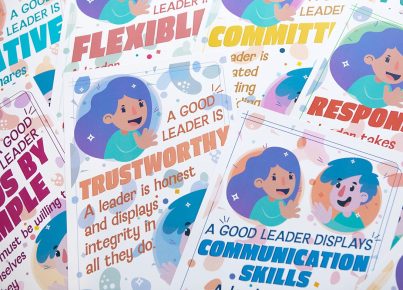In March 2019, the world watched in horror as a terrorist targeted two mosques in Christchurch, New Zealand. Fifty-one people were killed and dozens more injured in an attack that shook the global community. As a teacher responsible for shaping young minds, I realized too late that I missed a crucial opportunity to discuss this tragic event with my students.
As educators, it is our duty to foster a safe and nurturing environment for our students. We are expected to be role models and guides for them as they explore the world around them. Our classrooms should be spaces where sensitive issues can be brought up and discussed thoughtfully and respectfully.
In the days following the Christchurch shootings, I was unsure if it was appropriate to talk to my students about such a distressing event. I worried they might feel overwhelmed or frightened by discussing an incident that occurred thousands of miles away from their own community. But looking back now, I know that my silence was not helpful.
By choosing not to address this tragedy, I inadvertently sent my students a message of indifference or lack of concern – which is far from the truth. As an educator who strives to teach empathy and compassion, I should have recognized the importance of helping my students understand and process their feelings about the Christchurch attacks.
Perhaps, discussing this event as a classroom could have opened up valuable conversations that would help my students feel more connected and less afraid. This would have been an excellent opportunity for me to teach them about cultural diversity, tolerance, and the power of unity during times of crisis.
Had I bravely broached the topic with my class, we could have explored various viewpoints on how society can combat terrorism. We could have talked about different ways people from diverse backgrounds can come together to create stronger bonds across divides – beliefs or geographic – in order to prevent similar events in the future.
It is essential for educators to acknowledge that our world is a complex and sometimes frightening place. Even more important, however, is our responsibility to equip our students with the tools needed to navigate this complexity with empathy and understanding. We cannot afford to shy away from difficult discussions out of fear or discomfort. Instead, teachers must take advantage of these teachable moments to provide students with a broader perspective on the world around them.
Though I cannot undo my decision not to talk about the Christchurch shooting with my students at the time, I can learn from this experience. In the future, I will not hesitate to address unsettling events in an age-appropriate manner and guide my students through compassionate conversations that will ultimately contribute to building a more accepting and inclusive society.




